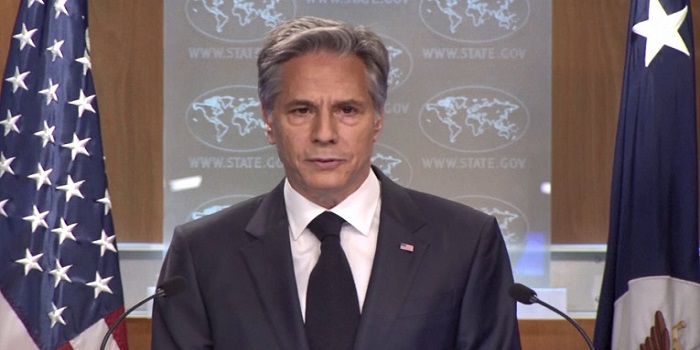Saudi Arabia to benefit from OPEC cuts thanks to oil price boost, IMF says

Higher oil prices will offset any losses that could arise from Saudi Arabia’s plan to cut production by 500,000 barrels a day, the International Monetary Fund’s mission chief to the Kingdom has claimed.
Amine Mati stated that the impact on the budget and on the external position relative to what the IMF had projected is positive.
Global benchmark Brent prices were above $85 per barrel in April, following the unexpected decision by the Organization of the Petroleum Exporting Countries to cut more than 1 million barrels in daily output starting next month.
The IMF anticipates Saudi economic growth will slow to 3.1 percent this year from almost 9 percent in 2022 after sharply improving the outlook for 2023 in one of the fund’s biggest positive revisions in its latest global forecasts.
While Saudi Arabia’s economic growth rate may suffer from lower crude production, the cuts won’t affect its non-oil expansion “because that’s going to be driven by domestic demand,” Mati said, according to Bloomberg.
“At least in the short term, we don’t see a disruption in the spending pattern at the central government budget. And on the economy as a whole, we see some of the investment in the private sector driving the growth,” he added.
Mati explained that the Kingdom’s central government spending is now more contained than before and is expected to reduce going forward, making the oil price required to balance the books much lower than what it used to be.
“There’s a lot of operations happening in the central government, like the PIF, the central bank and other entities,” he said. “It’s important to have a consolidated view of the fiscal position and what’s happening.”
Standing as the world’s largest oil exporter, Saudi Arabia made around $326 billion in revenues last year.
“You also have quite a lot of room on non-oil revenue that the government can undertake. They’re also thinking about reforms on the revenue strategy. So that could help offset some of the decrease in oil price,” he added.










